Question And Answer
Publications
Articles, publications, books, tools and multimedia features from the U.S. Institute of Peace provide the latest news, analysis, research findings, practitioner guides and reports, all related to the conflict zones and issues that are at the center of the Institute’s work to prevent and reduce violent conflict.
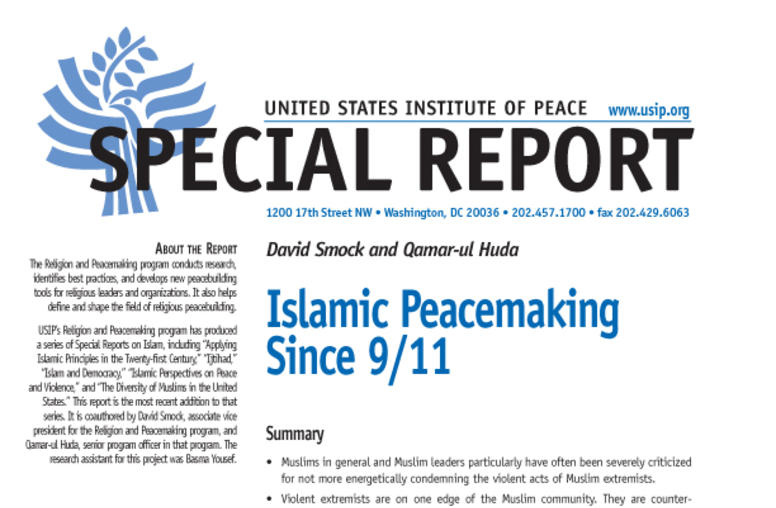
Islamic Peacemaking Since 9/11
Muslims in general and Muslim leaders particularly have often been severely criticized for not more energetically condemning the violent acts of Muslim extremists. The uninformed often assume that extremists represent Islam’s mainstream.
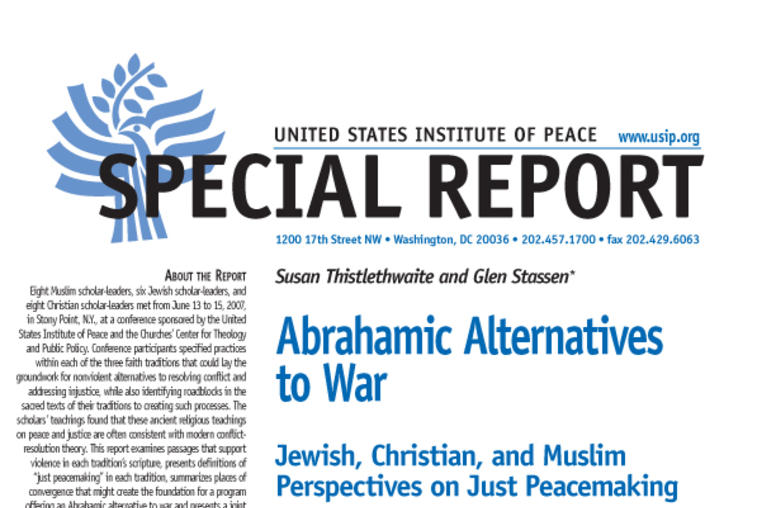
Abrahamic Alternatives to War: Jewish, Christian, and Muslim Perspectives on Just Peacemaking
Eight Muslim scholar-leaders, six Jewish scholar-leaders, and eight Christian scholar-leaders met from June 13 to 15, 2007, in Stony Point, N.Y., at a conference sponsored by the United States Institute of Peace and the Churches’ Center for Theology and Public Policy. The purpose of the conference, titled Alternatives to War, was to specify practices within each of the three Abrahamic traditions that could lay the groundwork for a nonviolent program to resolve global conflict and address inju...
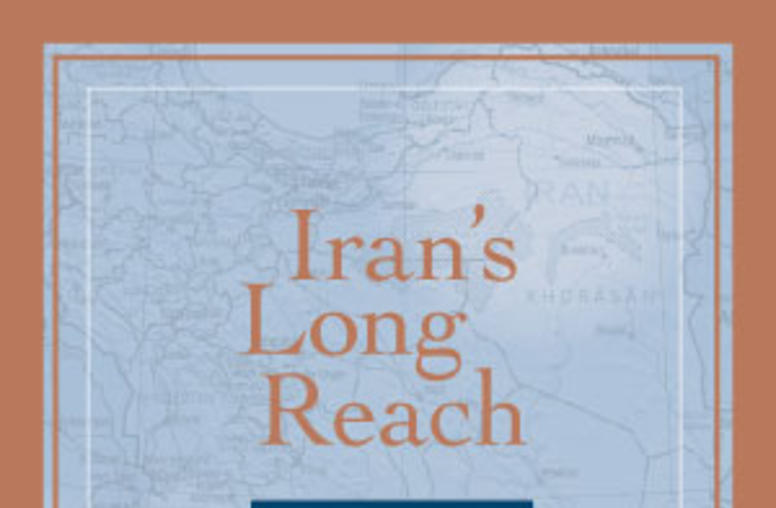
Iran's Long Reach
As the third book in the series from the Institute’s Muslim World Initiative on pivotal states in the Muslim world, this lucid and timely volume sheds much-needed light on Iran’s strikingly complex political system and foreign policy and its central role in the region.
On the Issues: Philippines
In the Philippines, a peace agreement—eleven years in the making—between the government and the Moro Islamic Liberation Front is now in question because of a Supreme Court decision. Renewed violence has broken out. Eugene Martin, who directed USIP's Philippine Facilitation Project between 2003 and 2007, discusses the situation.
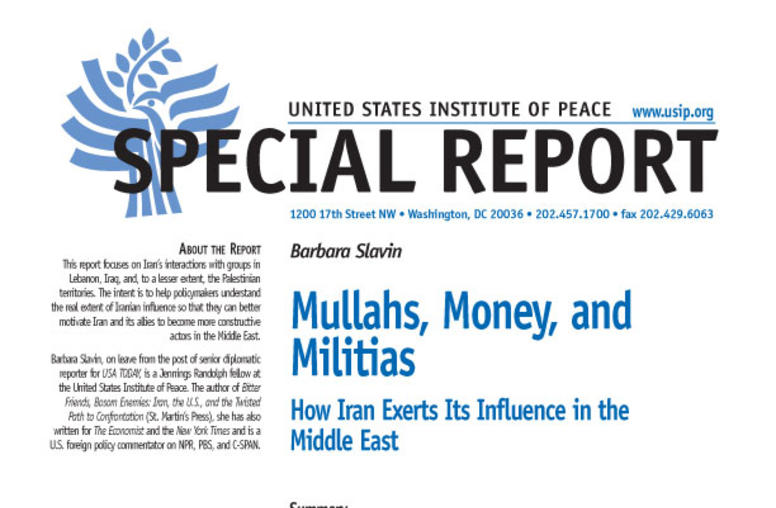
Mullahs, Money, and Militias: How Iran Exerts Its Influence in the Middle East
This report focuses on Iran's interactions with groups in Lebanon, Iraq, and to a lesser extent, the Palestinian territories. The intent is to help policymakers understand the real extent of Iranian influence so that they can better motivate Iran and its allies to become more constructive actors in the Middle East.
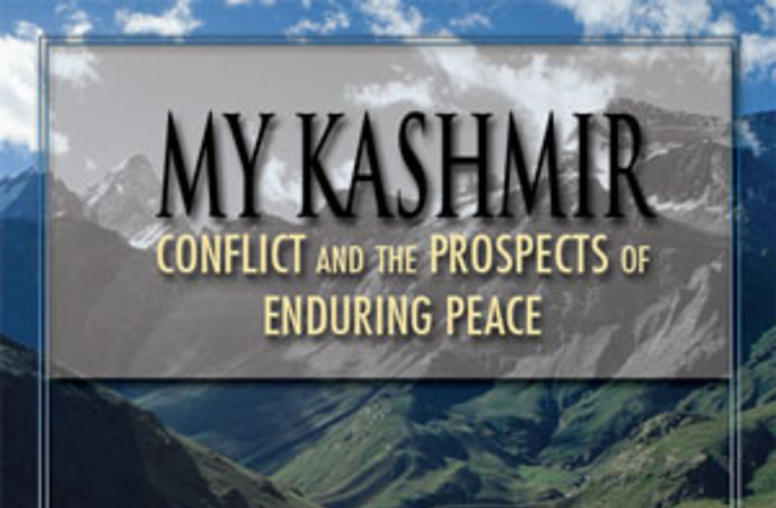
My Kashmir
The picturesque Indian state of Jammu and Kashmir, for centuries a model of harmony and coexistence, has been ravaged by conflict for sixty years, caught in a tug-of-war between historical rivals India and Pakistan. Now that both nations are nuclear powers, some see the Kashmir issue as a flash point for what could become a nuclear war. In My Kashmir, Wajahat Habibullah lays out the intricate web of issues at the root of the conflict: ethnicity, religion, national identity, friction between n...
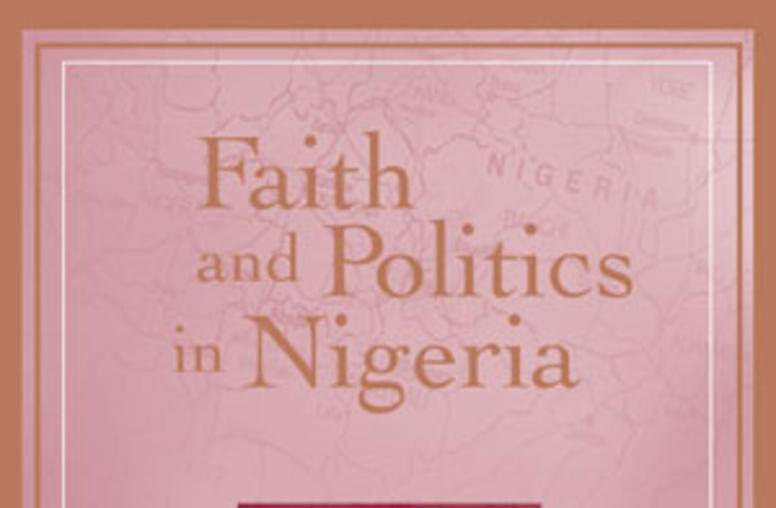
Faith and Politics in Nigeria
As the most populous country in Africa and a major oil producer, Nigeria has long been recognized as the dominant force in West Africa. But its standing within the broader international arena, especially its comparative position within the Muslim world, has been less well understood. Indeed, does Nigeria's influence extend beyond the region? In this concise volume, John N. Paden answers this very question, contending that Nigeria is globally significant for a multitude of reasons, not least o...
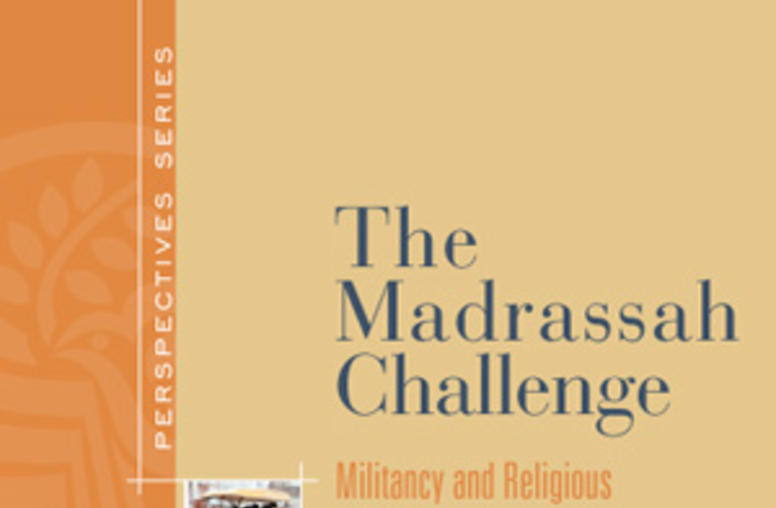
Madrassah Challenge
Fair explores the true significance of the madrassah and its role in Pakistan’s educational system. She chronicles the Pakistan government’s efforts to reform the madrassah system and offers important policy implications and suggestions for initiatives that might address some of the main concerns emanating from ostensible ties between education and security inside and outside Pakistan.
Human Rights and Religious Freedom in Iran
Barbara Slavin testified before the U.S. Commission on International Religious Freedom on conditions in Iran on February 21. Her testimony addressed recent U.S. policy towards Iran, the Iranian government's current crackdown on dissenters, and possible courses of action for a new U.S. administration.
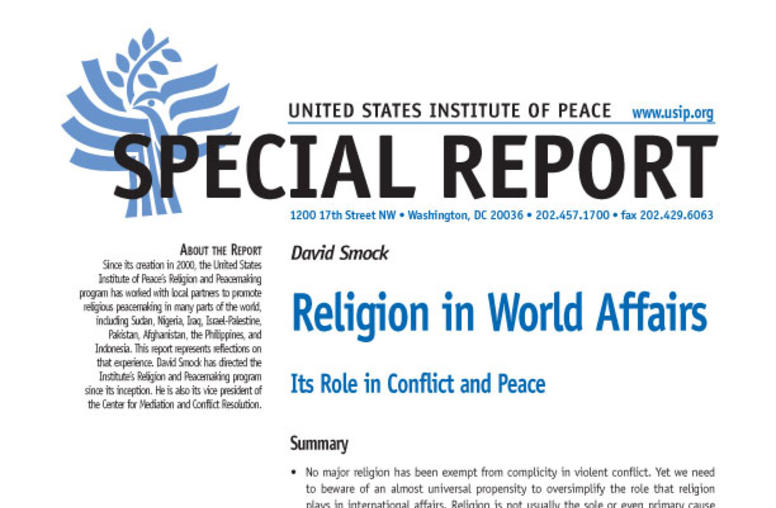
Religion in World Affairs: Its Role in Conflict and Peace
In recent decades, religion has assumed unusual prominence in global affairs. The horrendous events of 9/11, the conflagration in Iraq, and the aggressive assertiveness of quasi-theocratic Iran only confirm in the popular mind that religion lies behind much of contemporary international conflic